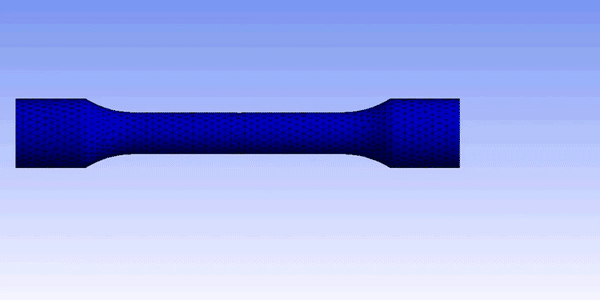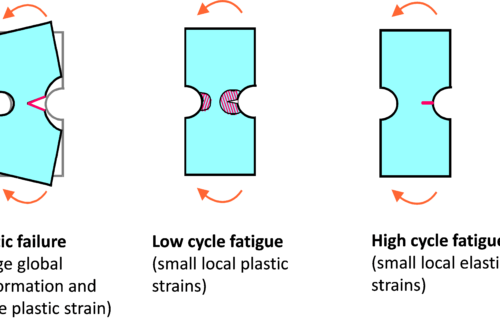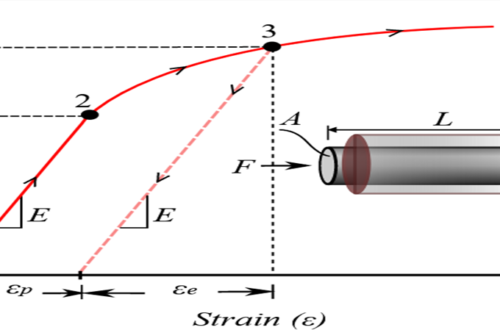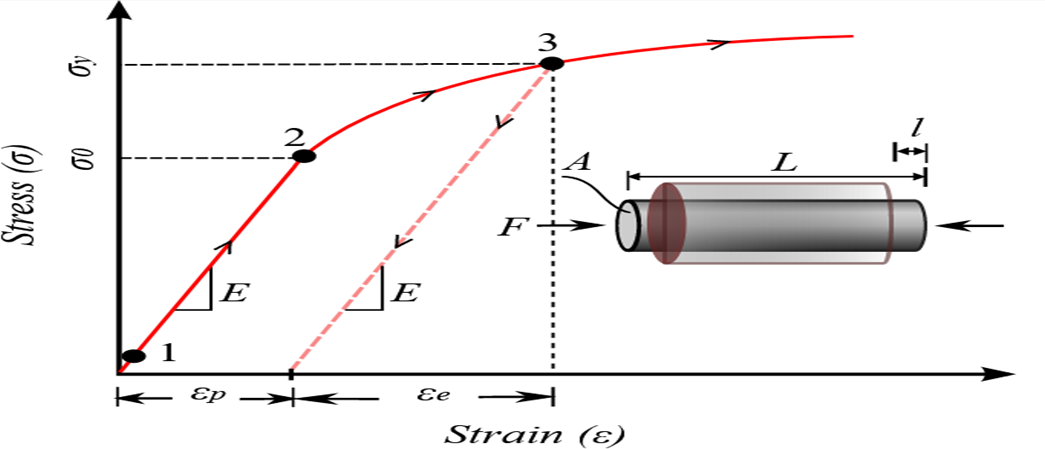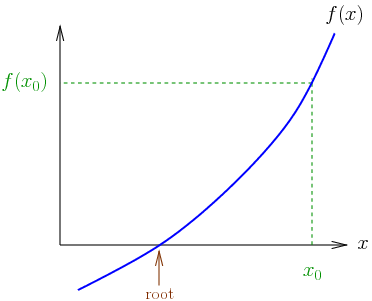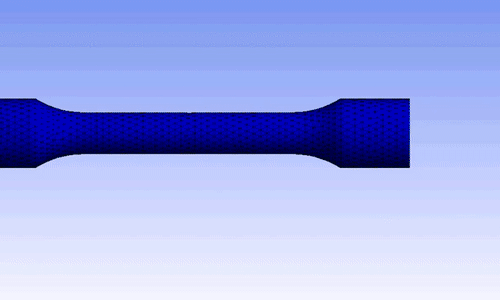In materials science, plasticity is the ability of a solid material to undergo permanent deformation, a non-reversible change of shape in response to applied forces. For instance, a solid piece of metal being bent into a new shape displays plasticity as permanent changes occur within the material itself. In engineering, the transition from elastic behavior to plastic behavior is known as yielding. Plastic deformation is observed in most materials, especially in metals. In brittle materials such as rock, concrete, bone and so on, plasticity is caused mainly by slip at microcracks. For ductile metals, each increment of load is accompanied by a proportional increment in extension under elastic behaviour. When…
-
-
Material Hardening Laws
The hardening law, also known as hardening rules, describes how the yield surface changes under the plastic deformation. The hardening rule governs the change in material strength as the plastic material deformation. The change in material strength can also be thought of as a change in the geometry or position of the yielding surface. The developed yield surface is often called as the loading surface. In the perfectly plastic case, plastic deformation starts to happen when the stress reaches the yield A point during the stress is maintained there. When the stress is reduced, elastic unloading occurs. In the hardening law, once yield occurs, the stress needs to keep increasing…
